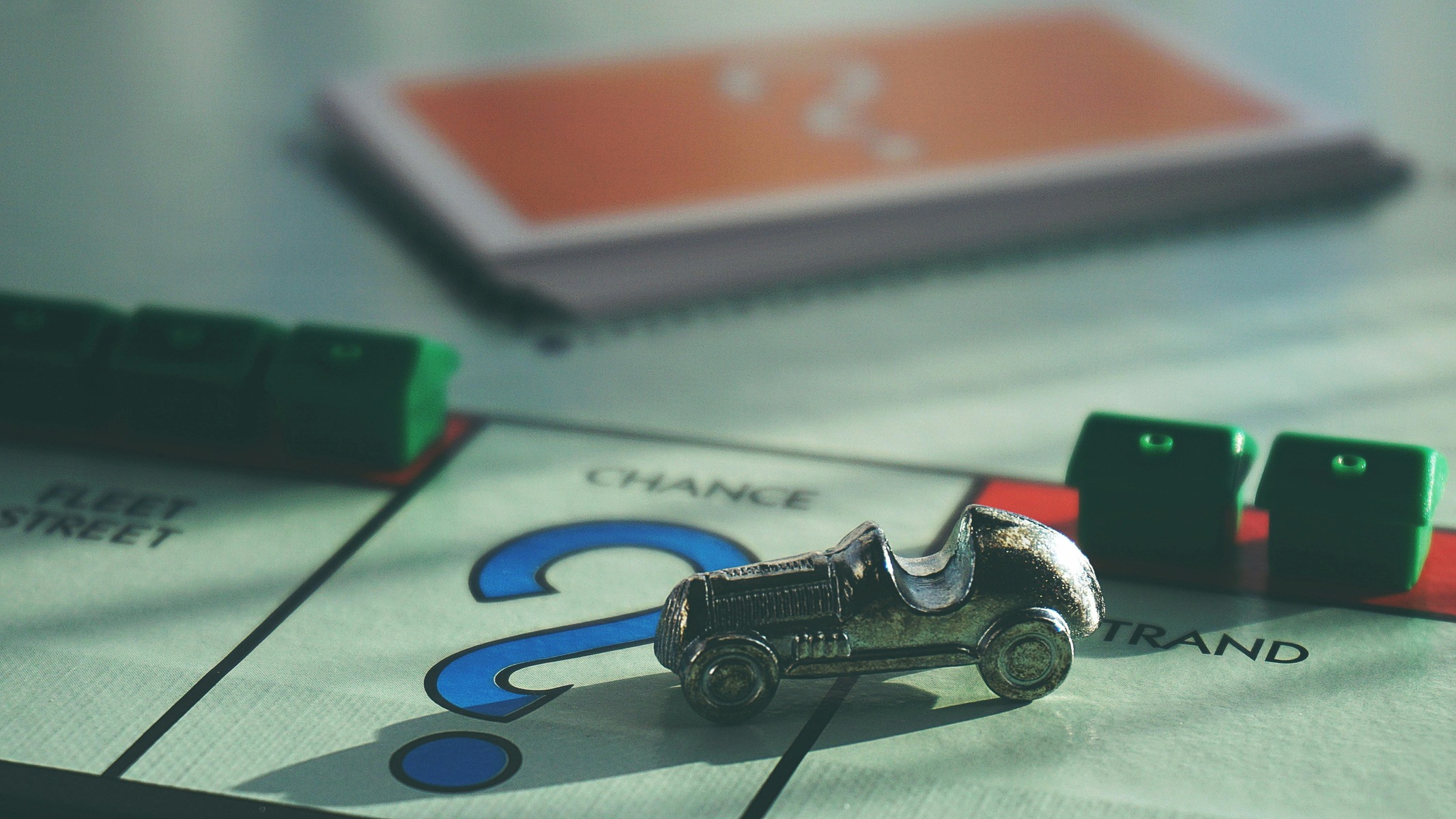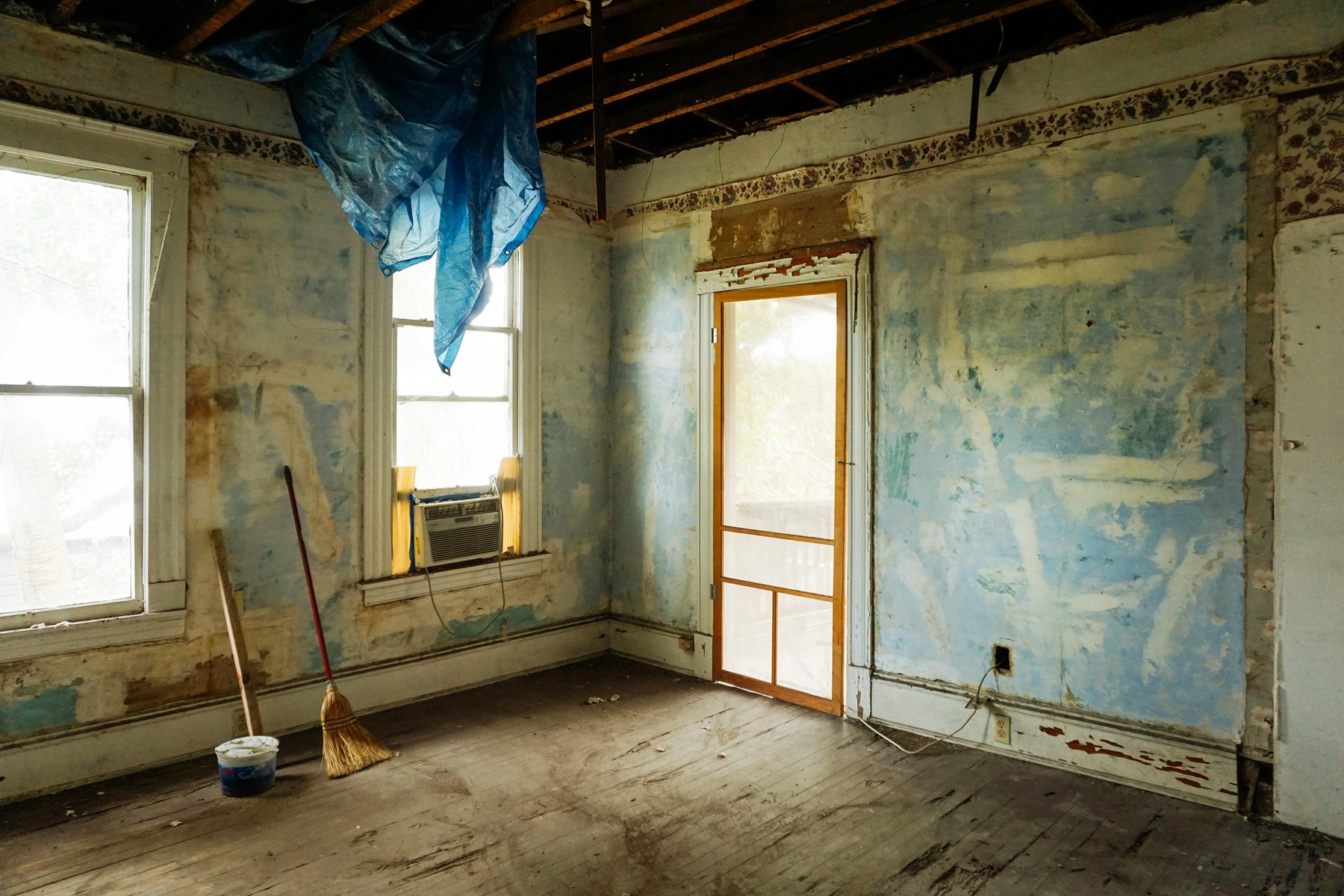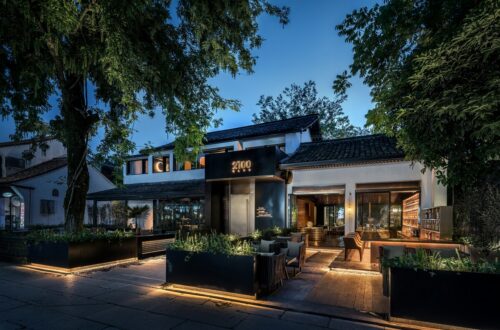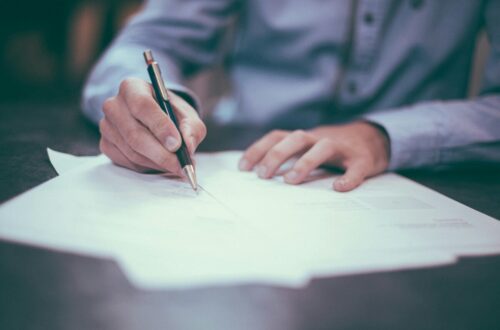Buying your first investment property in Germany is a big milestone — but also a minefield if you don’t ask the right questions.
Unlike purchasing a home to live in, investing in real estate requires a sharper eye, stronger financial sense, and careful due diligence. From energy ratings to renovation risks, here are eight key questions that can protect your investment and maximize your returns.
1. How old are the windows?
Windows matter — a lot. Old single-glazed or wooden frames can mean:
- Higher heating costs
- Worse sound insulation
- A poor Energieausweis (energy certificate)
This doesn’t just affect energy bills — it impacts rental appeal and resale value. Double- or triple-glazed windows are more than a cosmetic upgrade — they’re a financial asset.
2. How old is the heating system?
Many German properties have outdated heating systems. If the system:
- Is older than 20 years
- Runs on oil
- Hasn’t been serviced regularly
…it might be inefficient or facing a mandatory upgrade soon (with bills often exceeding €10,000).
Ask for the last maintenance report and check if replacement plans are already in motion.
3. When was the façade last renovated?
The building’s façade isn’t just about looks — it affects insulation and energy performance. Ask:
- Is the façade insulated?
- Was asbestos used (common pre-1980s)?
- When was the last major renovation?
Poor insulation leads to heat loss, higher costs, and less tenant satisfaction.
4. What’s the condition of the roof?
Roof problems can lead to major expenses. Especially in multi-unit buildings, repairs or full replacements can cost tens of thousands of euros.
Review the WEG Protokolle (HOA meeting minutes) for:
- Recent or upcoming roof repairs
- Moisture or water damage
- Complaints from upper-floor residents
5. How much is in the reserve fund?
The Instandhaltungsrücklage (maintenance reserve fund) covers large repairs. Important questions:
- What’s the current balance?
- What repairs are planned in the next 3–5 years?
- Have Sonderumlagen (special levies) been issued recently?
A building with major issues and a low reserve fund can lead to unexpected, costly one-time payments.
6. Who lives in the building — owners or renters?
Buildings with more owner-occupiers tend to be:
- Better maintained
- More proactive in decision-making
- Less prone to delayed repairs
Ask for the ownership-to-rental ratio. A well-balanced community often means smoother operations and less hassle.
7. Are there legal or structural issues?
Always review the:
- Teilungserklärung (condominium declaration)
- Meeting minutes
- Maintenance reports
Look for signs of trouble such as ongoing lawsuits, mold or water damage, structural concerns, or neighbor conflicts.
If you’re unsure what to look for, consult a lawyer or property expert.
8. What are the actual monthly costs?
The Hausgeld (monthly fees) can make or break your investment’s cash flow. You need to know:
- What’s passed through to the tenant?
- What costs do you carry as the owner?
- How much goes into reserves?
Not all costs are deductible — so what looks like a strong yield on paper can disappear quickly.
Use Immojourney’s Cash Flow Calculator to evaluate deals before you buy.
Final Thought
Buying your first investment property in Germany is exciting — but don’t let emotion override analysis. Asking the right questions before buying property in Germany can save you thousands and set you up for long-term success.
Want to make smarter, faster decisions?
Try Immojourney — the all-in-one tool for German real estate investors to track cash flow, manage portfolios, and avoid surprises.




